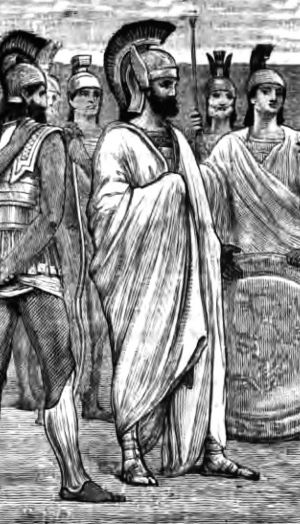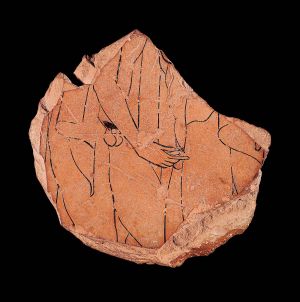(Boylove Documentary Sourcebook) - About the Personal Life of Agesilaus II

From Homosexuality in Greece and Rome: A Sourcebook of Basic Documents, edited by Thomas K. Hubbard (Berkeley: University of California Press, 2003). Footnotes omitted.
Note: According to the Life of Agesilaus (Early 2nd Century AD) by Plutarch, the Spartan king in his youth, while going through the rigurous education system of the agoge, had been the eromenos of Lysander (d. 395 BC), a member of an aristocratic but poor family, who would later become the admiral that commanded the fleet in the Hellespont which defeated the Athenians at Aegospotami in 405 BC.[1][2][3]
Agesilaus was a king of Sparta from 399 to 360 B.C.E. and, like Cyrus, was praised by Xenophon as a model of the ideal ruler.
[4] Is it not worth mentioning his self-control in erotic matters if for no other reason than one’s amazement at it? One would say that his holding off from those he did not desire was merely the act of an ordinary human. But he loved Megabates, the son of Spithridates, just as the most intense character would love the most beautiful boy. When Megabates tried to kiss Agesilaus (since it is the custom among the Persians to kiss those whom they honor), Agesilaus struggled with all his might not to be kissed. Isn’t this a mark of temperance and exceptional high-mindedness? [5] Since Megabates took it as a slight and no longer attempted to kiss him, Agesilaus spoke to one of his friends and asked him to persuade Megabates to “honor” him again. When his friend asked whether he would kiss the boy back, if Megabates should be persuaded, Agesilaus fell silent for a moment and then said, “Not by the twin gods, not even if I were to become the most handsome, strong, and swift man alive! Indeed, I swear by all the gods that I would rather fight the same struggle again than have everything I see turn to gold.” [6] I am not ignorant of what some people suspect in regard to these matters. But I at least think I know that more men are able to gain mastery over their enemies than over such appetites.

References
See also
- Symposium (Xenophon)
- Adult friend
- Athenian pederasty
- Cretan pederasty
- Ephebophilia
- Greek love
- Historical boylove relationships in ancient Greece
- Pederasty in ancient Greece
- Pedophilia
- Philosophy of ancient Greek pederasty
- Theban pederasty
- Young friend